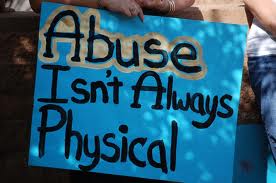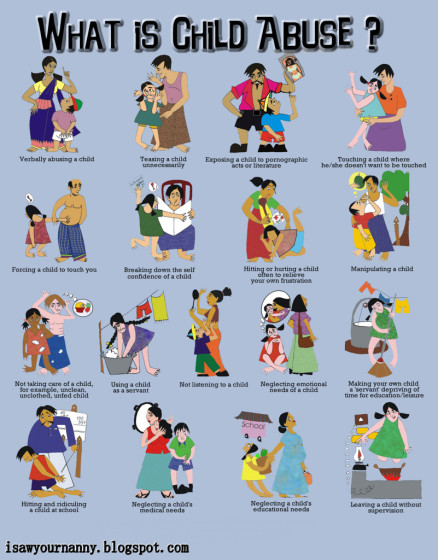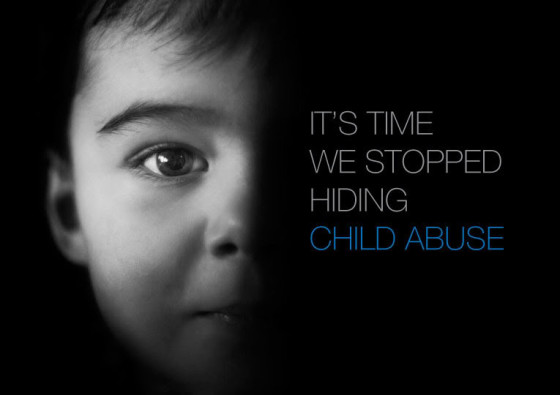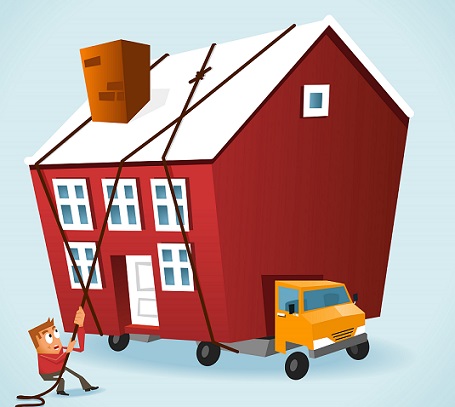Dealing With Child Abuse: The Effects Of Abuse On Children
Bruises and broken bones are just one of the indicators of child abuse. While physical abuse is the most obvious form of abuse, it isn’t the only form of abuse that can leave deep lasting scars.
Emotional abuse and neglect are also common types of child abuse, and they can be inflicted on innocent children from the moment they’re born.
Making a child feel worthless, stupid and unwanted, ignoring the needs of a child, beating a child up as a form of discipline and placing a child in dangerous situations are all involved in child abuse which can lead to serious harm and negatively influence a child’s life.
How Does Abuse Affect Children?
Child abuse can leave scars that can last a lifetime. While some of the wounds may be physically inflicted they will eventually heal. Emotional wounds will not heal as quickly.
In fact, emotional scars can affect a child’s ability to have healthy relationships, function well at home and school, and seriously tarnish a child’s self-esteem. Here are three common effects that abuse has on children:
1. Belief of Being Worthless or Stupid
When a child is told over and over again he or she is stupid or worthless, the emotional effects it has will be difficult to overcome. In fact, the child will eventually internalize this message and probably carry it into adulthood.
As a result, the child may become content with a life of mediocrity – after all they been told they’re unworthy. This feeling is worse in children who have suffered from sexual abuse.
2. Inability to Trust and Interact
The moment a child is born, their parents are the first people they will trust. However, if a child is unable to trust his own parents, then how will they able to trust other people? The ability of a child to trust and interact with others will be hampered out of fear their safety will be compromised.
When a child is not able to meet their emotional and physical needs from his parents, they will have difficulty in building and maintaining relationships due to fear of being abused or controlled. He may not understand how and what a good relationship may be built out of.
3. Unable to Regulate Emotions
When a child is abused, they may experience trouble expressing their emotions. Like someone holding a beach ball underwater, they may first suppress their emotions and then unexpectedly have a fiery outburst.
As the abused child matures, they might have moments of anxiety, depression and unexplained anger, which can eventually lead to alcohol and/or drug abuse.
Never Tolerate Child Abuse
Child abuse must never be tolerated. If your child is being abused by your spouse or any other member of the family, you must take action immediately. Child abuse is easier to address when steps are taken early.
Here are a few tips on how you can report child abuse:
- Stay calm and never allow your emotions to dictate your actions – no matter how angry you may be.
- Record everything that happened to include the date, time and place of the abuse. Speak to your child’s teachers, doctors, dentists, friends or anyone who may have information about the abuse and document it.
- Have your child evaluated by a medical and psychology professionals.
- Any reasonable belief of abuse must always be reported to the police to allow them to investigate. You can also express your fear of reporting the abuse due to intimidation.
- If the abuse was committed by your spouse, hire the services of an experienced family lawyer to help you file a case against the abusive parent. Additionally, give serious consideration to starting the process of gaining full custody of your child while terminating your spouse’s parental rights.








